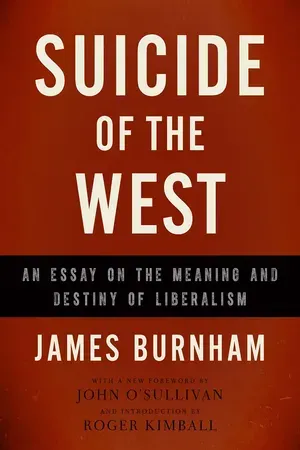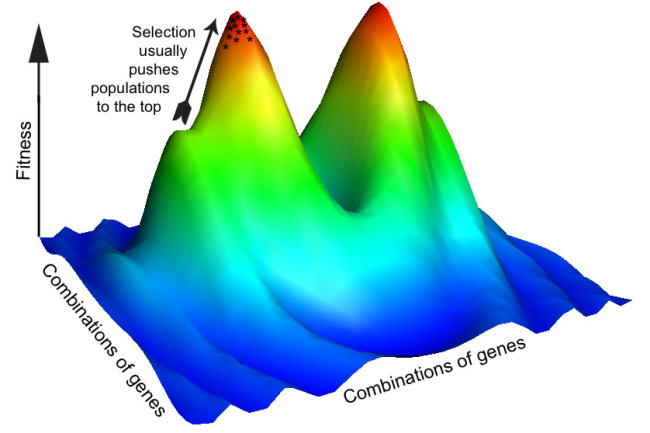
Reverent Blasphemer.
Bringing Order to Chaos, and Chaos to Order.
Transmittere in memoriam.
How to get URL link on X (Twitter) App


https://twitter.com/sapinker/status/19582156045377868731. Humans Have No Essential Nature
https://twitter.com/MattPirkowski/status/1566963758983180288?s=20&t=cpUJlZ2mDOeepOrUG2vyuA@speakerjohnash @DerringerPax If it supplants all functions of money, it is either totalizing insofar as it replaces money in a way that governs processes without intermediate representations, or it uses such representations and is quite a bit like money.

